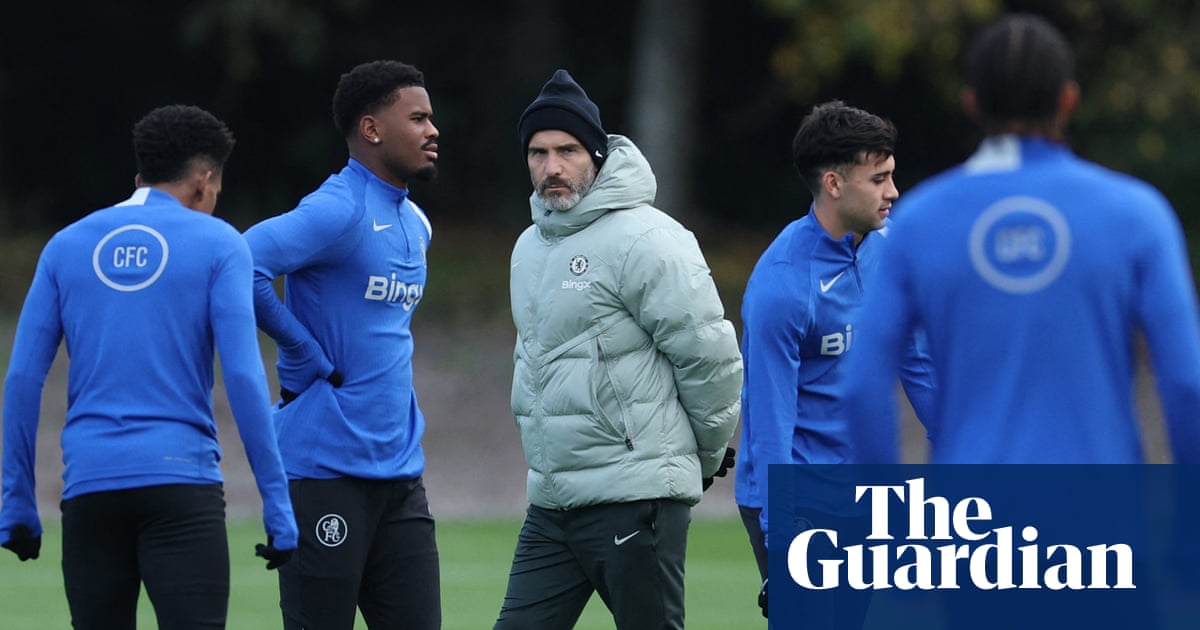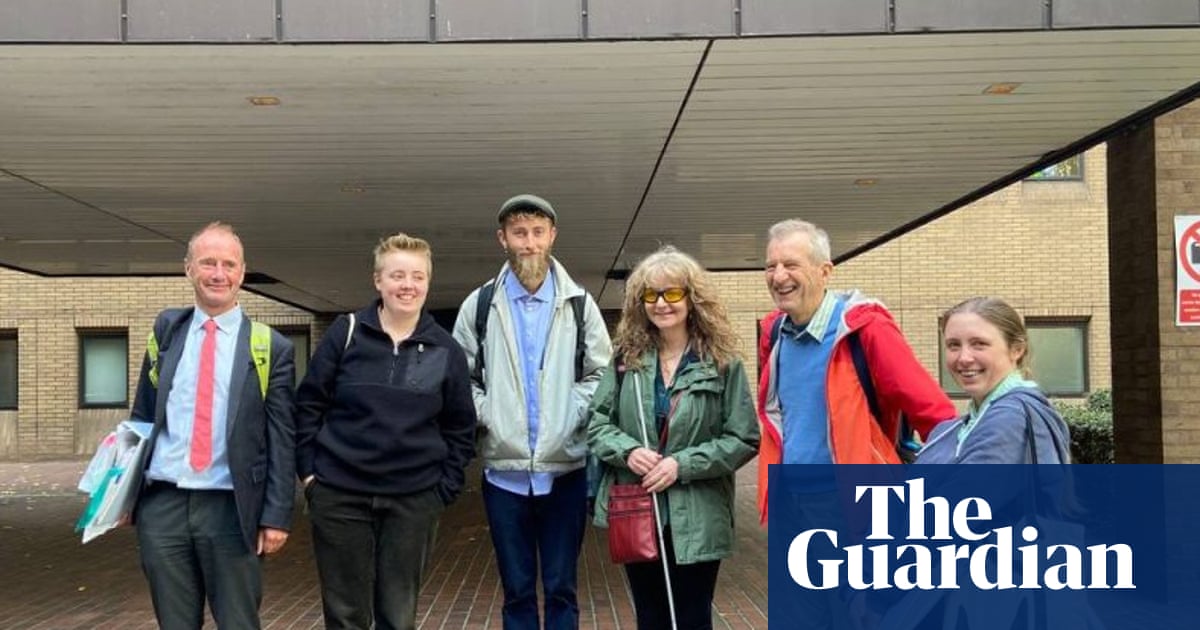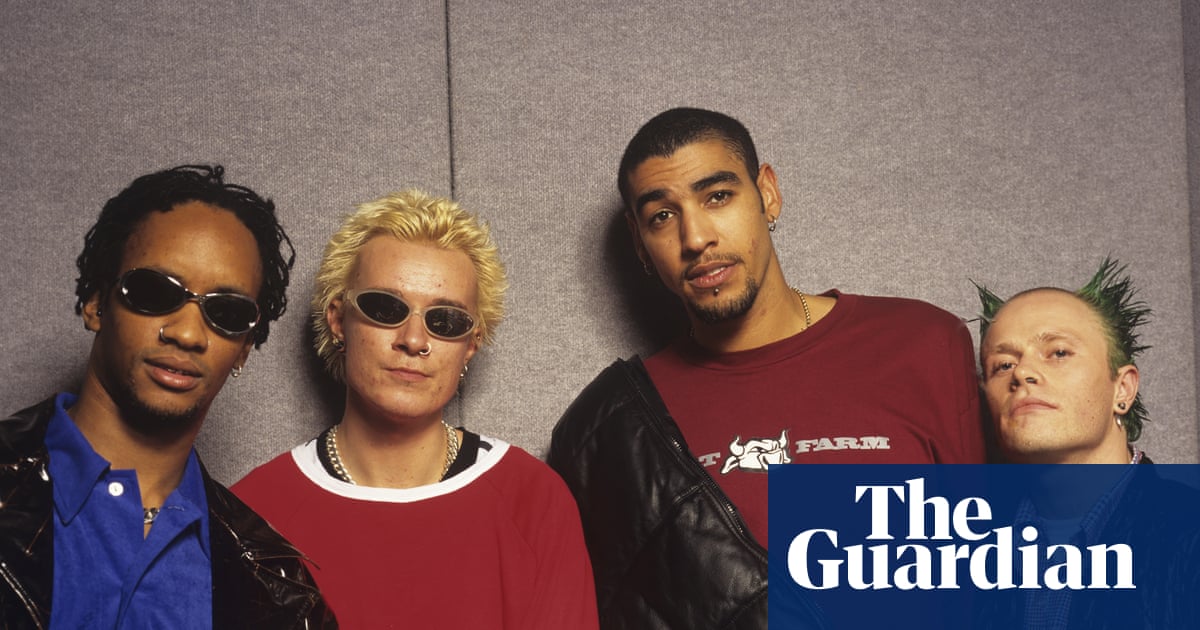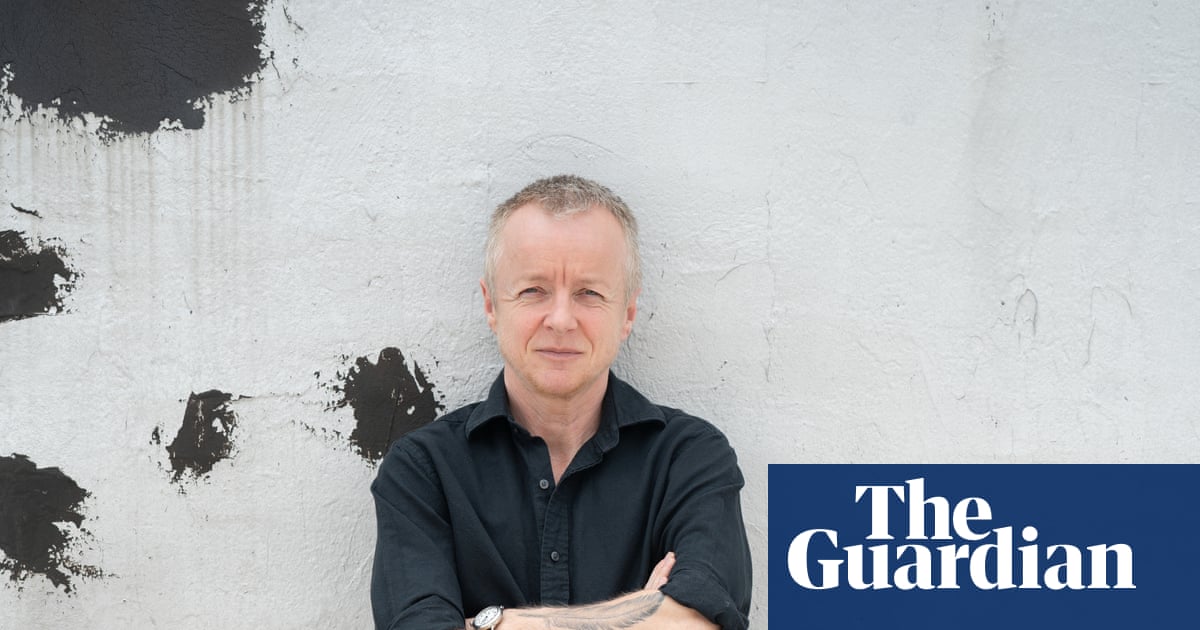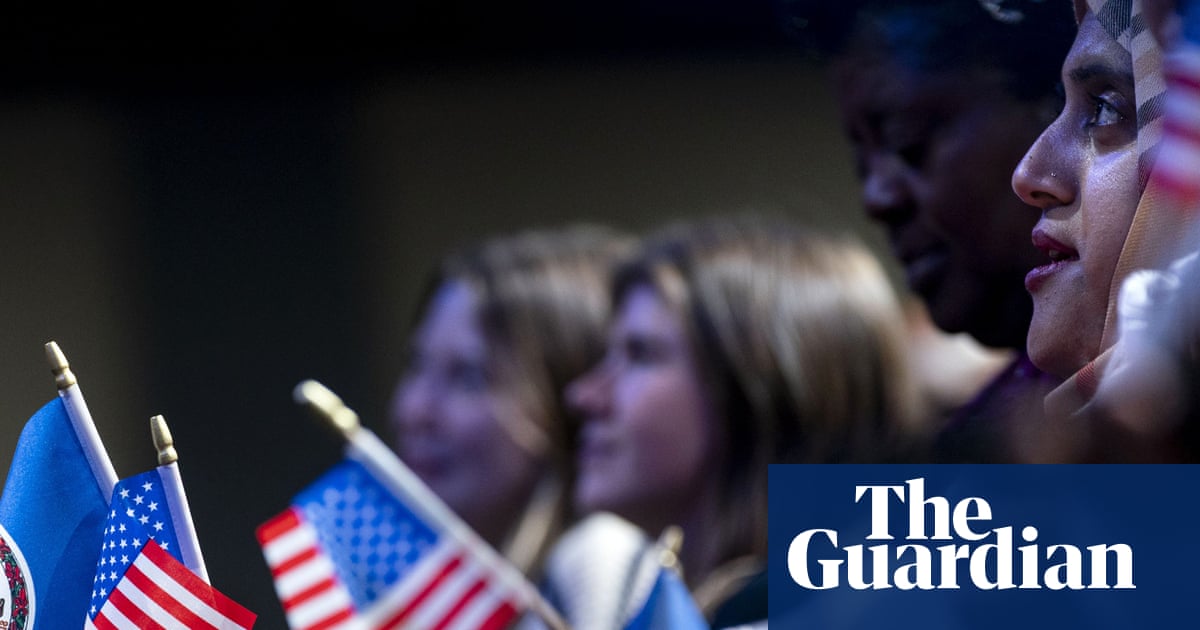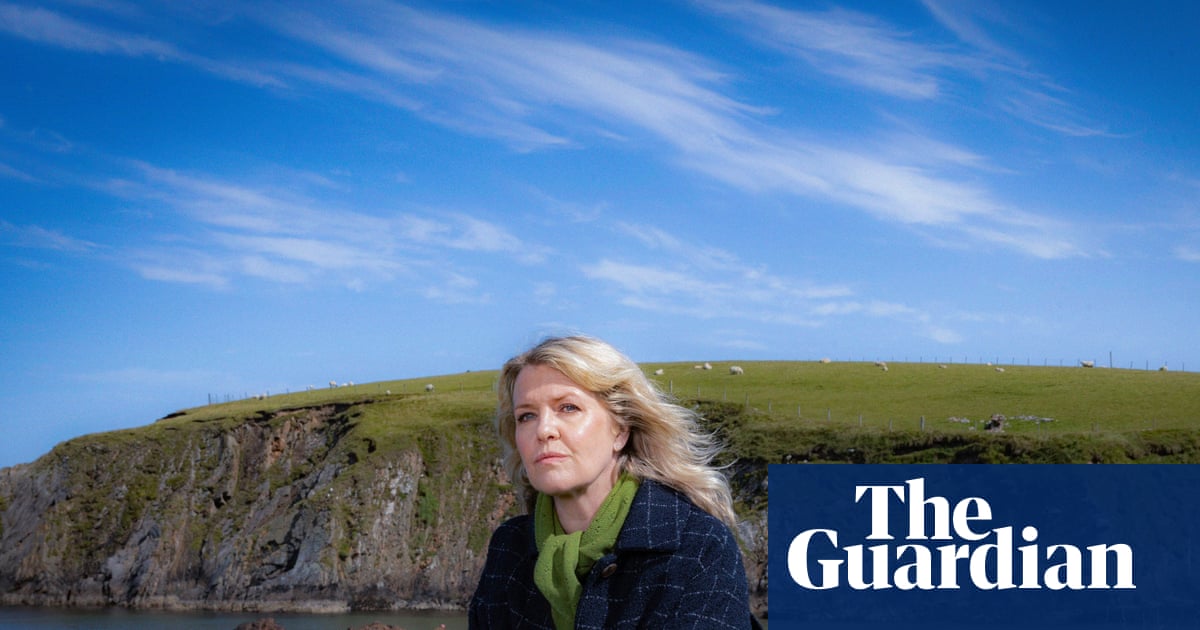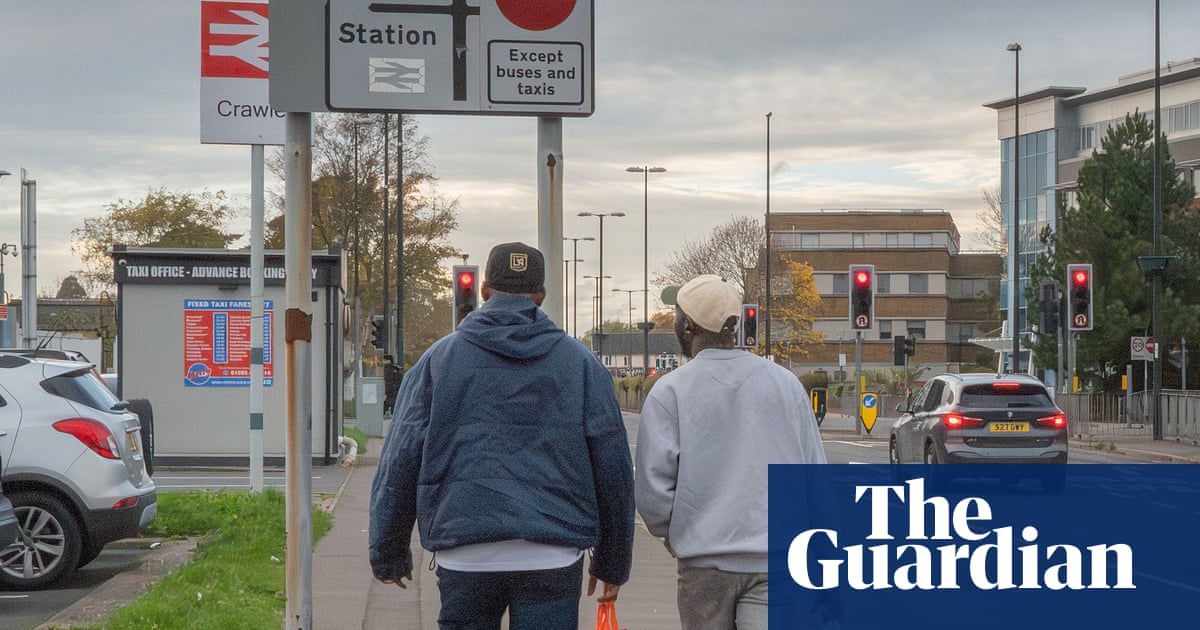Children as young as nine detained under the Mental Health Act are spending hours in NHS accident and emergency departments under police control rather than in specialist mental health assessment suites.
The detention under the act of children in England and Wales in police cells was banned in 2017 but a lack of suitable options has led to the use of A&E departments.
Research to be presented at a British Sociological Association conference at Northumbria University on Friday found that 187 nine-to-18-year-olds were detained under the act in a single constituency in the north of England between 2017 and 2021. Three-quarters were taken to A&E, where legally they could wait for up to 24 hours, accompanied by police officers, until they were assessed.
It was mainly children aged 16 and over who were able to access adult facilities who were taken to specialist suites under the care of trained mental health staff.
The author of the research, Dr Jayne Erlam, of Liverpool John Moores University, will tell the conference: “What is clear is that the youngest detained do not gain access to specialist suites and instead are taken to A&E.
“Taking into consideration that the person has been detained because of mental distress, such a public environment under the gaze of others can do nothing to alleviate any distress. The public nature of A&E departments is concerning, and police officers are fiercely against the use of them as a place of safety.
“Shortfalls in health and social care provision increase police contact with persons experiencing mental distress to the point where there is a reliance on policing to bridge gaps and to safeguard people who are at risk of future episodes of acute mental distress.”
Follow-up research by Erlam found that last year 83% of detained children in the same northern constabulary went to A&E, where they spent an average of 18.5 hours under the control of two officers.
Erlam said there were 1,561 detentions of children across England and Wales in the year ending March 2024 but the data did not show how many were taken to A&E, illustrating “how vital it is for more research”.
Erlam, a former nurse with experience of working on an acute psychiatric ward, also spoke to police officers for her research. One told her that A&E was “wholly inappropriate – that place is like a zoo; it’s the most chaotic environment you can imagine, a nightmare. A lot of people we take there are vulnerable, scared, paranoid, intimidated.
“They can’t even find room to do the assessment so the patient can talk privately. They are sometimes just in a bay with a curtain. This person may be disclosing historic child sex abuse. They are not going to do that when the only sound barrier is a curtain.”
Another officer said a detainee waited 13 hours in an A&E corridor before being assessed.
Dr Alex Thomson, the chair of the Royal College of Psychiatrists’ liaison psychiatry faculty, said there was “a significant lack of mental health beds in many parts of the country which prevents patients from being admitted for specialist care in a timely manner. These unacceptable delays can put young people at significant risk of becoming more unwell.
after newsletter promotion
“We need paediatric liaison psychiatry services in every acute hospital and intelligent commissioning which ensures the number of beds available in each area of the country is proportionate to the number of people in need of care. Greater investment in community mental health services can also help prevent children and young people from reaching a crisis point.”
Dr Adrian Boyle, whose three-year term as president of the Royal College of Emergency Medicine concluded this month, said A&E departments were “busy, noisy, overcrowded – certainly not the ideal place for anyone in crisis, let alone a child.
“This shameful situation is yet again another clear indicator of how the lack of inpatient beds – and, in particular, specialist paediatric MH [mental health] beds – is affecting vulnerable patients. Addressing these issues must be a political priority – failure to do so only perpetuates this unforgivable situation.”
A Department of Health and Social Care spokesperson said: “It is unacceptable that too many children and young people are being treated this way. That’s why we are working hard to ensure they receive swift care in the most appropriate setting.”
They said the government had reduced police detentions under the Mental Health Act, was aiming for handovers from police to healthcare to take place within an hour, and planned to create up to 85 mental health emergency departments as alternatives to A&E for people in crisis.

 1 month ago
37
1 month ago
37


